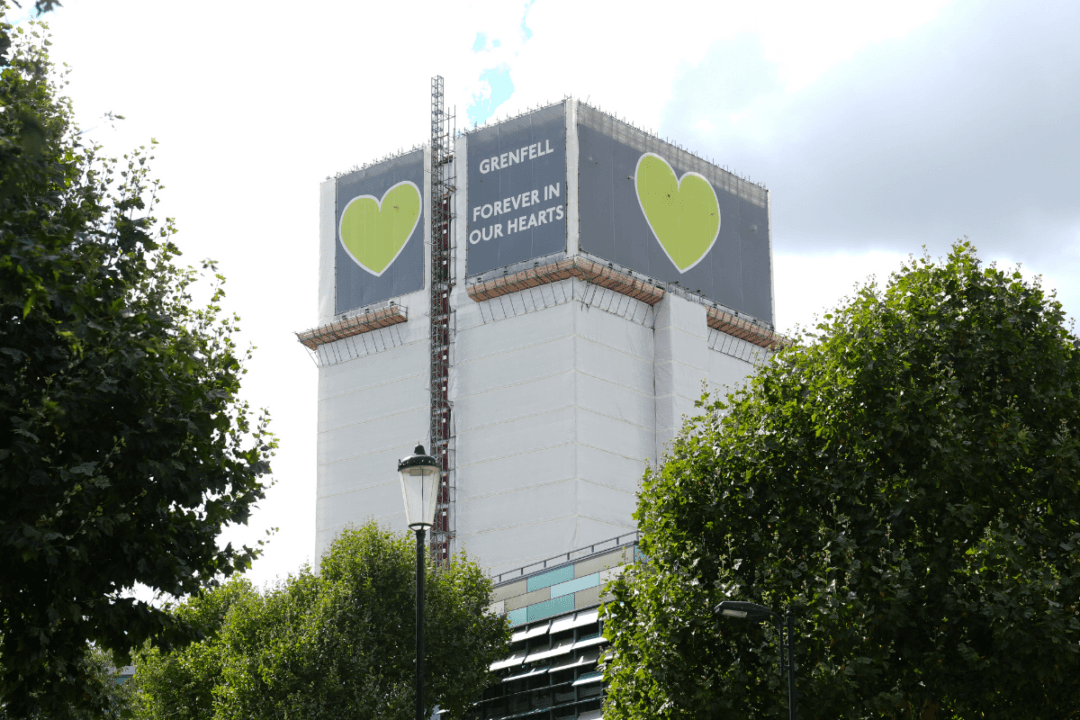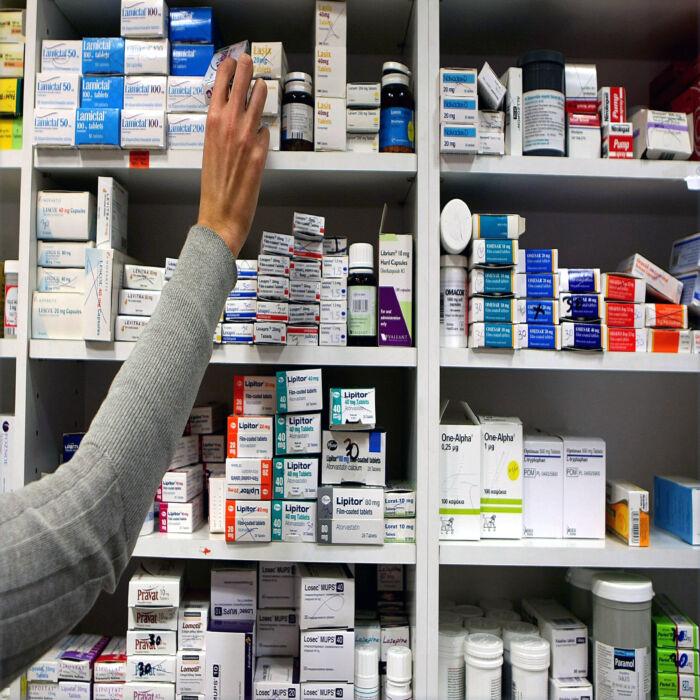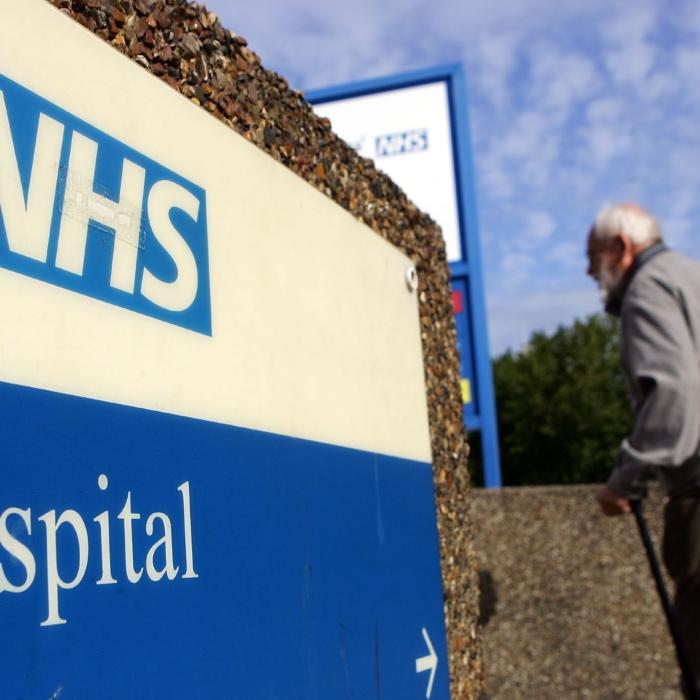Decades of failure from government and the construction industry to act on the dangers of flammable cladding resulted in the deaths of 72 people when fire engulfed Grenfell Tower, an inquiry has found.
Inquiry Chairman Sir Martin Moore-Bick further criticised building firms in his statement on Wednesday, saying that the west London tower block was covered in combustible material because of the “systematic dishonesty” of the companies that sold the insulation and cladding.
Moore-Bick said, “We conclude that the fire at Grenfell Tower was the culmination of decades of failure by central government and other bodies in positions of responsibility in the construction industry to look carefully into the danger of incorporating combustible materials into the external walls of high-rise residential buildings and to act on the information available to them.”
Prime Minister Sir Keir Starmer said the government will “carefully consider” the findings to “ensure that such a tragedy cannot occur again.”
Later addressing the House of Commons, he apologised to the families of those killed in the fire, some of whom were present in the gallery.
“It should never have happened. The country failed to discharge its most fundamental duty, to protect you and your loved ones, the people that we are here to serve, and I am deeply sorry,” Starmer said.
The second and final report from the long-running inquiry presented findings on how Grenfell Tower came to be in a condition whereby the flames were able to spread so quickly in the June 14, 2017 disaster.
The first report, from 2019, concluded that the tower’s cladding did not comply with building regulations and was the “principal” reason for the rapid and “profoundly shocking” spread of the fire.
‘Deregulatory Agenda’
The report said that since 2010, successive governments had a “deregulatory agenda” which dominated thinking “to such an extent that even matters affecting the safety of life were ignored, delayed or disregarded” and that by 2016, the government was “well aware” of the risks of using combustible material in cladding and insulation.It pointed to the 2009 Lakanal House fire in London, which killed six people, stating that recommendations from the coroner into the deaths were “not treated with any sense of urgency” and that concerns were dismissed by officials and some ministers.
The inquiry also pointed to failures going as far back as 25 years before Grenfell, saying the government had “failed to discharge” its responsibilities to ensure public safety after a major fire in 1991 at Knowsley Heights, Merseyside.
Industry Concealed Dangers
The inquiry also heavily criticised insulation and cladding firms, including Arconic which report authors said had “deliberately concealed” the extent of the danger of using its cladding product, particularly on high-rise buildings.Kingspan had “knowingly created a false market in insulation” for use on buildings over 18 metres and Celotex “embarked on a dishonest scheme to mislead its customers and the wider market.”
Moore-Bick said, “One very significant reason why Grenfell Tower came to be clad in combustible materials was systematic dishonesty on the part of those who made and sold the rainscreen cladding panels and insulation products.”
The report said these companies had “engaged in deliberate and sustained strategies to manipulate the testing processes, misrepresent test data and mislead the market.”
Responding to the inquiry, Arconic said a subsidiary had supplied the material used for cladding, rejecting any claims it sold an unsafe product and asserted it “did not conceal information from or mislead any certification body, customer, or the public.”
Celotex said it had “reviewed and improved process controls, quality management and the approach to marketing within the Celotex business to meet industry best practice.”
Future Prosecutions
Grenfell United, which represents some of the bereaved and survivors, said police and prosecutors must “ensure that those who are truly responsible are held to account and brought to justice.”Metropolitan Police Deputy Assistant Commissioner Stuart Cundy said because its investigation is independent and operates under a different legal framework, it cannot use the report’s findings to bring charges, but said the force would go “line by line” through the report “alongside the evidence from the criminal investigation.”
The earliest that prosecutions could be brought would be late 2026, Scotland Yard said.
Such offences could include corporate manslaughter, perverting the course of justice, and offences under the fire safety and building regulations.







